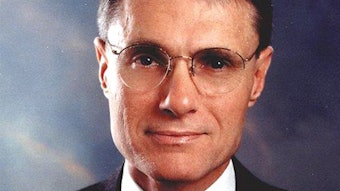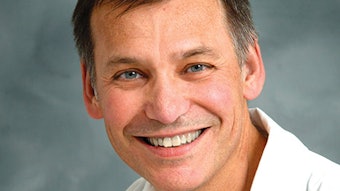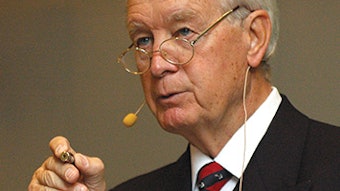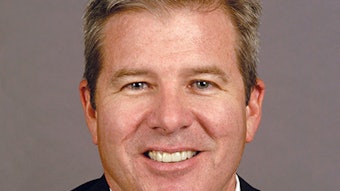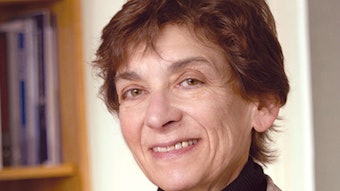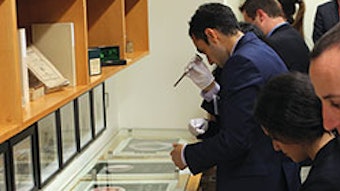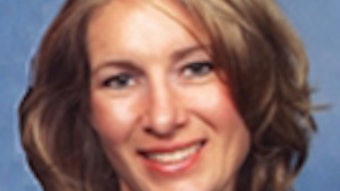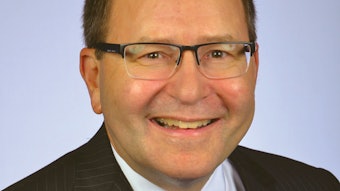Learning leadership
Leadership is one of those popular buzzwords these days. When most of us applied to medical school and residency, we were thinking about the medical and surgical work at hand and not really about becoming leaders.
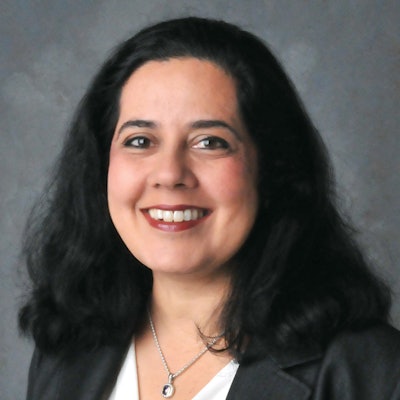 Sujana S. Chandrasekhar, MD
Sujana S. Chandrasekhar, MD
AAO-HNS/F Past President
As surgeons, we are trained to make immediate decisions. We are highly focused with little room for mistakes. This requires managerial skills in the application of knowledge and experience. Leadership, on the other hand, relies on synthesizing disparate information, trying to understand different stakeholders and their concerns, and taking the time to formulate a higher level plan of action. This is true in any leadership position, whether for organized medicine, at a university, or in a practice, and it requires training.
The Academy offered leadership courses years ago, well before it became de rigueur. I took them, like a mountain climber, “because they were there.” They enabled me to learn a new set of skills to face upcoming challenges, allowed me to meet otolaryngologists outside of my specialty area, and think of a future as more than a practicing ENT. Although not formally so identified, participating in the Board of Governors, first as just an attendee, then, as a committee Member and specialty society rep, was an incredible leadership development experience.
As President-Elect of the AAO-HNS/F, I had the opportunity to attend the American Society of Association Executives two-day intensive training in 2014. That gave me some great ideas and showed me how much more I needed to learn if I wanted to serve our membership the best way I could. I applied for the Heller School Leadership Program for Health Policy and Management, held at Brandeis University, with a scholarship co-sponsored by the Academy and the American College of Surgeons. I was fortunate to get in and spend a full week there in June 2015. At that time, my kids were in grades 4, 10, and 11, and one was a college freshman. My husband held down the fort admirably, so that I could spend that week away. Trying to squeeze in the course material through e-learning or fitting in a weekend here and there would have minimized my ability to focus and understand. The Heller course took some of my ideas and helped crystallize them into actionable items, both for the Academy and for my work.
As President, I have to process a great deal of information every day, from what seems like every direction. This includes communications at least once daily with our EVP/CEO James C. Denneny III, MD, as well as communications with other staff, Members, other medical societies, and federal regulatory bodies. Taking a bead, listening—really listening—to figuring out what the situation is, trying to dissect it, and then figuring how to address the concern as best as possible—these are skills that are necessary for this position. Obviously, I had some of these skills already. However, the fine-tuning of my responses and the ability to step back and see much more of the whole picture than I could previously reflects a great deal on the formal leadership programs in which I have had the good fortune to participate.
Over the past couple of years, I have been asked to speak on leadership, my journey, and negotiation. Using the information learned at leadership courses has made me better able to articulate my feelings and concerns, as well as look for paths that I or others might wish to take on our journeys forward. Great leaders set out not to be leaders but to make a difference. They are not born leaders; they are made. It is clear that, like anything, there is no magic or easy path. Pursuing leadership, like pursuing otolaryngology, requires dedication, commitment, and energy, as well as family support.
We are all facing a rapidly changing healthcare environment. Physician leadership is critical to managing these changes, and leadership development is critical in the progress of our careers. I am exceedingly pleased that our Academy will be launching a formal, long-lasting leadership development program in 2017. The Women in Otolaryngology Section program is providing a template, and the inclusion of otolaryngologists from all backgrounds will make this a robust course that enables individuals to recognize their own leadership potential. I urge you each to take advantage of the wonderful opportunities for growth that this program offers, and I look forward to hearing about each of your leadership journeys in the future.

